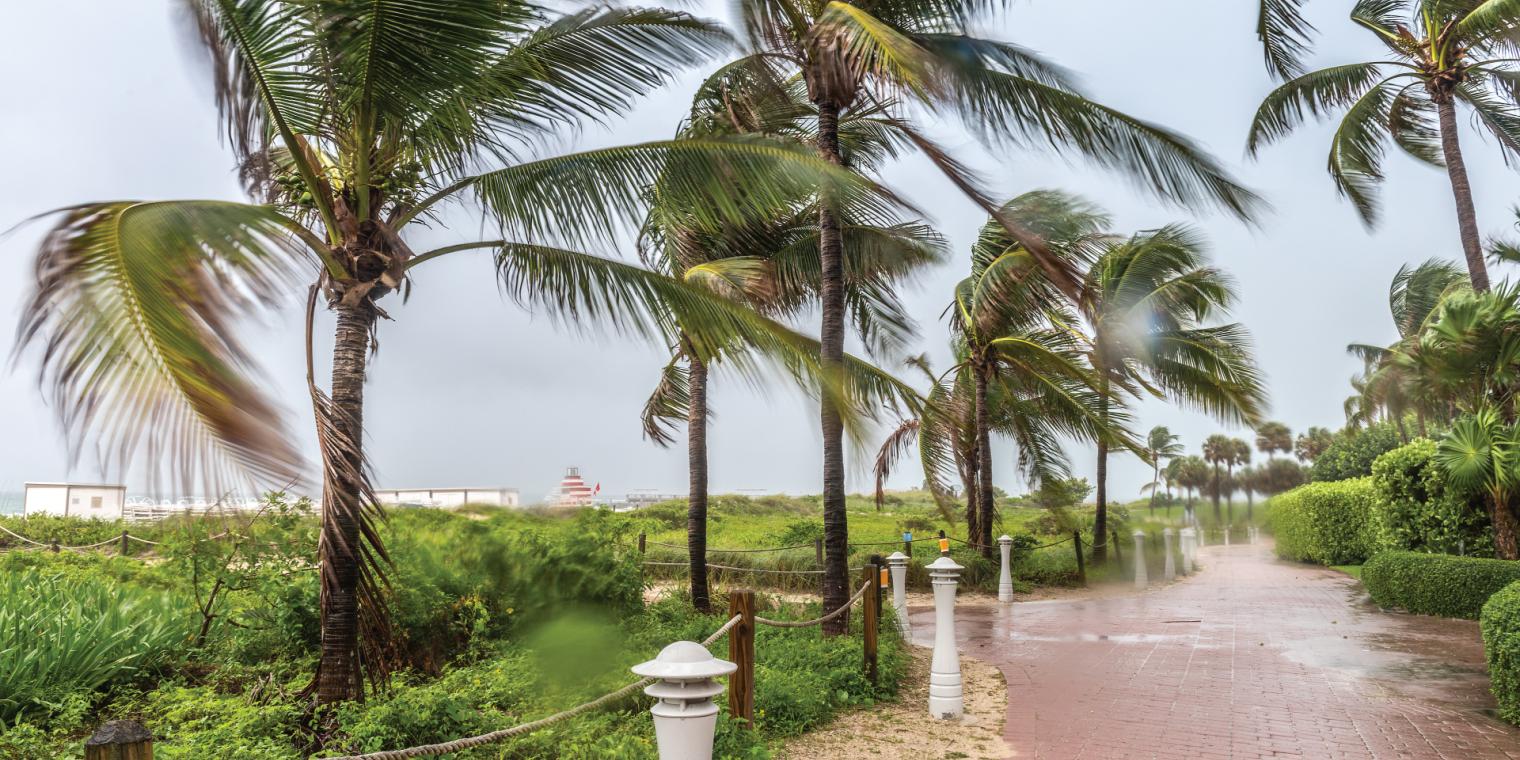Hurricane - Business Assistance

Please visit our Business Resource Page for Disaster Assistance

Note: This page will be updated as more information is received from SBA, FEMA, and other local and federal resources.
Economic assistance (business loans) for private sector businesses may be available based on the magnitude of the disaster and overall economic impact to the community. Businesses are encouraged to complete the online Business Damage Assessment tool.
This information will provide valuable economic impact information to the state and federal government as economic assistance options are evaluated.
Business Damage Assessment SurveyFlorida Disaster recovery for businesses (Subset of Floridadisaster.org for business recovery)
Recovery resources for businesses, including links to a damage assessment survey, emergency loan program, unemployment assistance, small business recovery guide, etc.
floridadisaster.biz/ManageContent?PageID=RECOVER
Features of the website include:
Florida Short Time Compensation for Employers Program
Description: Short-Time Compensation (STC) is a temporary alternative work style that will assist employers in keeping their workforce intact. The program permits prorated unemployment compensation benefits to employees whose work hours and earnings are reduced as part of an STC plan to avoid the total layoff of some employees. Phone: (850) 921-3253 – Website: www.floridajobs.org
Florida Disaster Unemployment Assistance
Description: Unemployment benefits for individuals unemployed as a result of the disaster that are not covered by regular state or private unemployment insurance. Applicants have 30 days to file after the disaster is announced. Phone: (800) 204-2418 – Website: www.fluidnow.com
Florida Small Business Resource Network
Description: The Small Business Continuity Services Resource Network (SBCSRN) is a database of Florida professionals identified to fill niche areas for recovery technical assistance in support of small businesses and the Florida economy. Phone: (904) 620-2489 – Website: www.sbrn.org
Florida Department of Agriculture and Consumer Services
Description: License, insurance, and consumer complaint information on building contractors Phone: (800) 435-7352 – Website: www.freshfromflorida.com
Florida Department of Environmental Protection
Description: An order can be given to reduce regulatory processes and provide flexibility for restoring services quickly during a disaster. Phone: (850) 245-2118 – Website: www.floridadep.org
Florida Department of Insurance
Description: Small Business Insurance information assistance Phone: (850) 922-3132 – Website: www.myfloridacfo.com
FEMA
Description: Disaster victims can obtain additional information and apply for disaster assistance through FEMA in various ways. A toll-free number has been established by FEMA for disaster victims to apply for certain types of disaster programs and obtain information about others. You can obtain information by calling. Phone: (800) 621-FEMA (3362) – Website: www.fema.gov
SBA (U.S. Small Business Administration)
Description: Small businesses and small agricultural cooperatives suffering a substantial economic injury may be eligible for an economic injury disaster loan of up to $1.5 million to meet necessary financial obligations – Bills the company would have paid if the disaster had not occurred. Phone: (800) 659-2955 – Website: www.sba.gov/funding-programs/disaster-assistance
Physical Disaster Loans
SBA (U.S. Small Business Administration) Description: Businesses of all sizes may apply for a Physical Disaster Loan of up to 1.5 million to repair or replace damaged real estate, equipment, inventory and fixtures. These loans will cover uninsured or under-insured losses. Phone: (800) 659-2955 – Website: www.sba.gov
IRS Excise Tax
Description: IRS will waive tax penalties on disasters on a case-by-case basis. Phone: (800) 829-1040 – Website: www.irs.gov/businesses
The Florida State Emergency Response Team (SERT) provides daily conference calls at 1:30 p.m., Eastern Time, for private sector and industry partners.
Call-in Information: